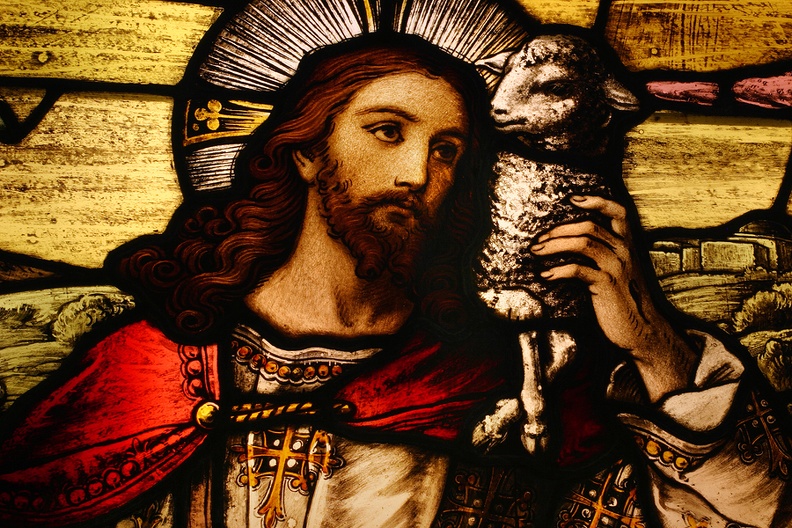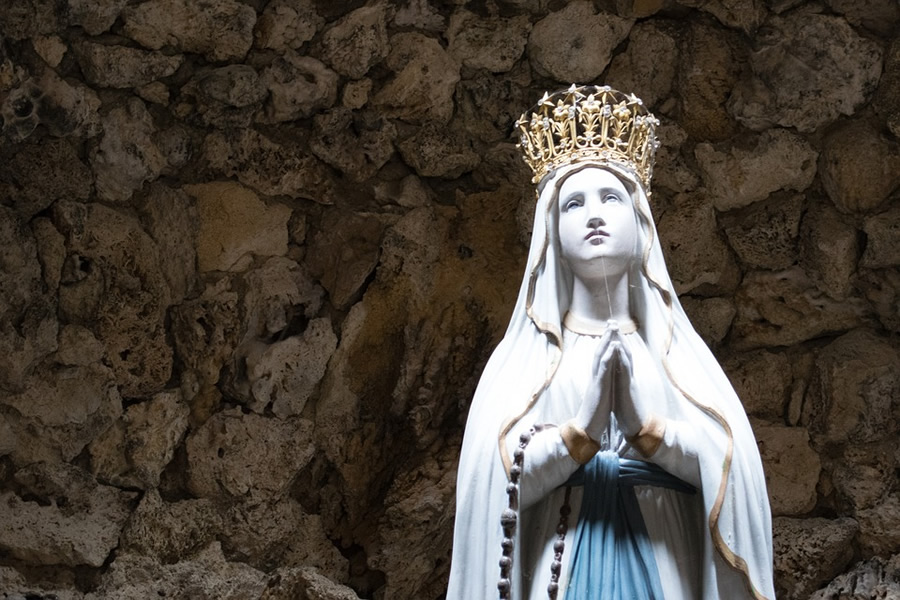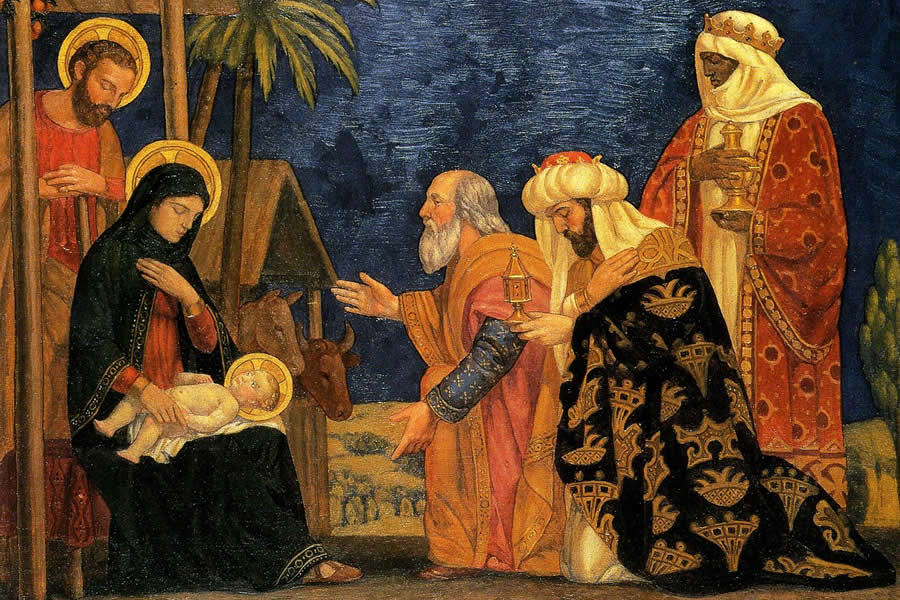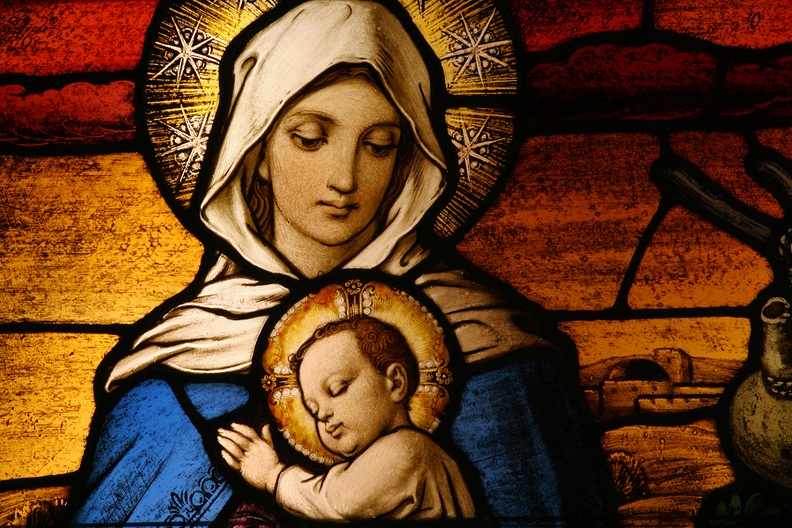Corpus Christi Blog

Characteristics of Jesus
01-29-2023Weekly ReflectionJen Arnold, M.A. in Theology and CatecheticsAs Christians, we are called to imitate Jesus in all aspects of our life. Asking, “What would Jesus do?” in any given situation, however, may seem abstract or like a mere platitude. In this reflection, I have identified some specific traits of Jesus that can help us imitate him in our own lives.
READ MORE
Marian Typology
01-22-2023Weekly ReflectionJen Arnold, M.A. in Theology and Catechetics“The New Testament lies hidden in the Old and the Old Testament is unveiled in the New.” - St. Augustine
There is a unity between the Old and New Testaments since they both contain the inspired word of God. God revealed and foreshadowed this unity through both explicit means, like prophecies, as well as more hidden and implicit means of communicating His plan of salvation all throughout the Old Testament. Then, in the New Testament, we see all His foreshadowing fulfilled in the person of Jesus Christ. The more implicit means of revelation include what the Church refers to as typology.
READ MORE
Priestly Celibacy
01-15-2023Weekly ReflectionJen Arnold, M.A. in Theology and CatecheticsToday we’ll examine a relatively controversial practice in the Catholic Church, which is priestly celibacy. There is a whole spectrum of opinions on the issue, from both within and outside of the Church, with all sorts of evidence supporting their positions. Regardless of whether or not I change any minds, my goal is to explain the reasons why priestly celibacy is presently valued in the Church, in the hope that others reach an understanding and openness to the Church’s perspective.
READ MORE
The Epiphany
01-08-2023Weekly ReflectionJen Arnold, M.A. in Theology and CatecheticsToday we celebrate the feast of the Epiphany, which is the day the Church recognizes the arrival of the Magi from the East in Bethlehem to pay homage to the newborn king, Jesus. The essential importance of the Magi’s presence in Scripture is to establish that Jesus came as a savior for all nations and peoples, even pagan ones, as they also become beneficiaries of the promises that had previously only been made to the Jewish people. The Incarnation was for the benefit of all. (See CCC #528.)
READ MORE
The Magnficat
01-01-2023Weekly ReflectionJen Arnold, M.A. in Theology and CatecheticsToday we celebrate the Solemnity of Mary, the Mother of God, a day in which the Church honors Mary’s role as the mother of our Lord and Savior, Jesus Christ. For reflection on this feast day, we will examine the Magnificat – the first words recorded in Scripture of Mary as a mother (Lk 1:46-55).
The Magnificat is the inspired canticle, or hymn, that Mary proclaimed after she arrived at her cousin Elizabeth’s home and heard her greeting: “And why is this granted to me that the mother of my Lord should come to me?” (Lk 1:43). We know the canticle was inspired for several reasons. Mary was a devout Jewish woman who was steeped in Scripture and prayer, the Holy Spirit had just descended upon her to conceive Jesus in her womb, and Elizabeth had been filled with the Holy Spirit in that moment (Lk 1:41). There was nothing worldly whatsoever between the two women, only God and His super-abundant grace. Mary’s song was a prayer of praise, thanksgiving, and joy and has since held a privileged place in the prayer of Mother Church, included even in the Liturgy of the Hours.
READ MORE